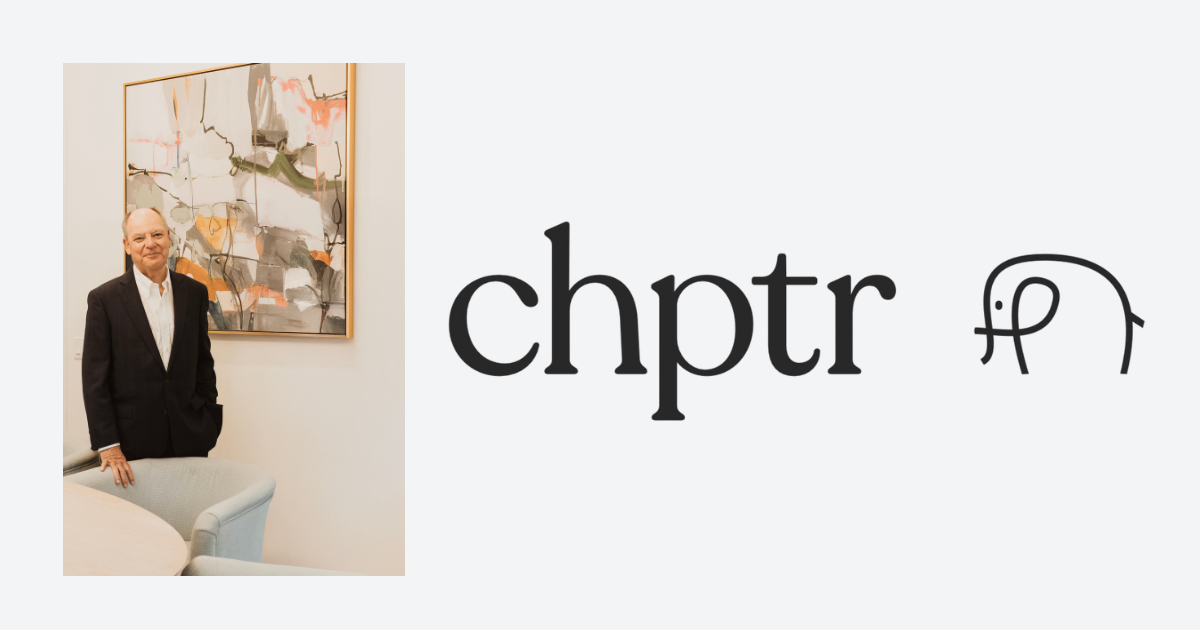Interview Like an HR Pro (Even If You’re Not)
Thanks to Connecting Directors contributing writer Beth Campagno for this story!
Like a lot of small or midsized businesses, funeral homes often have to rely on directors, managers, or office staff to handle human resources responsibilities. This includes interviewing potential employees, which on the surface doesn’t seem too difficult. Asking questions seems easy enough to do. It’s just talking, right?
Definitely not. Interviewing is not just choosing which questions to ask and taking notes of the answers. Interviewing candidates is one of the first — and most important — challenges you’ll face throughout the hiring process.
It’s also one of the first things that businesses can get wrong.
Interviewing is a skill
Deathcare professionals are particularly skilled in knowing what to say to the families you serve, but maybe not so much when it comes to interviewees. It’s critical to understand what questions you are legally allowed to ask and what will give you the information you need to make an accurate assessment. Then, you have to know what to do with the answers.
For any business, the purpose of an interview is to legally determine if the candidate:
- has the required skills for the job,
- meets all of the requirements of the job, and
- is an overall good fit for the position.
That doesn’t mean that the interview has to be overly formal. You can still be friendly and welcoming. Your interview simply has to be legally compliant at all times in order to protect your business from claims of discrimination.
Before the interview
The best way to be sure you’re doing the right thing is to use a consistent process when interviewing.
Start with a thorough job description. It must describe the essential functions of the job. “Essential functions” is a legal term that clarifies if a candidate or employee is able to perform the job. This will ensure that each candidate is evaluated fairly against these functions.
Use legally compliant interview questions for all candidates. Record answers to questions that are asked of all candidates. Don’t go “off-script” except to ask questions specifically related to each candidate’s work history and skills.
Use an unbiased standardized form. Rate each candidate’s overall fit according to the results of the interview questions and candidates’ ability to meet the essential functions.
Interview questions must be:
- Compliant – with all state, local, and federal regulations to avoid discrimination
- Objective – focused on the job and candidates’ ability to perform the essential functions
- Consistent – ask the same questions of each candidate
- Job-related – focus on the qualifications needed for that job
Don’t ask!
Be wary of “brain teaser” types of questions. These are questions that are subjective and not job-based, like “If you could be any animal, what would you be?” Your questions must serve a purpose, such as illustrating a candidate’s ability to think on their feet. But they’re also harder to defend in the event of a complaint of bias by a candidate.
Questions must focus on the candidate’s ability to perform the essential functions on the job description. The following topics are illegal under any circumstances:
- Date of birth or age,
- Physical descriptions such as race, gender, weight,
- Number of children or childcare arrangements,
- Religion or native language,
- National origin or maiden name, and
- Arrests or disabilities.
Again, what matters in the interview is whether or not the candidate can do the job. Facts like age or gender aren’t indicators of the candidate’s ability to perform the essential functions. In addition, they open the door to claims of discrimination.
Sometimes your interviewee will volunteer this information. However, you simply cannot use this legally protected information in the decision process. Resist the temptation to even write it down if offered.
One more don’t: Don’t make statements to candidates (or even your current employees) that may be interpreted as promises. For example, don’t tell someone they “probably” won’t have to answer overnight death calls if there’s a chance they will. These words can come back to haunt you.
After the interview
Anyone on your team who interviews a candidate should complete a standard interview form. The form should contain all of the questions as well as the candidate’s answers. It should also contain a legally compliant rating sheet to compare the candidate’s ability to meet the essential functions of the job.
TIP: Never record any physical descriptions of the candidate on the form (or anywhere!), even if it’s in “code.” If you’re ever questioned about an interview, those notes may prove your interview was biased.
Remember: The employment process provides many opportunities for claims of bias. The best defense is to ensure that all decisions are based solely on the essential functions of the job.
Up your interviewing game
Even if you don’t hire new team members very often, providing some basic HR/interviewing skills to your managers is a sound business investment. It can prevent costly mistakes in the interviewing and hiring process. Plus, with so much information available these days, getting interviewing training for your managers is easier (and more cost effective) than ever.
Some excellent resources include:
- The Society for Human Resource Management (SHRM)
- HR newsletters
- Low cost training programs
- Community college certificate programs
- Employment law firm blogs, webinars, presentations
Learning legally compliant skills for the hiring process is one of the best ways to avoid preventable legal problems. And it allows you to focus on what you do best – provide quality deathcare services to families that need your help.




